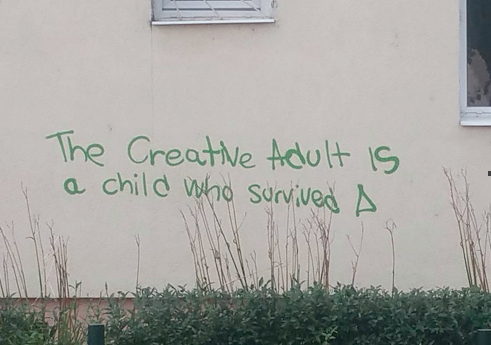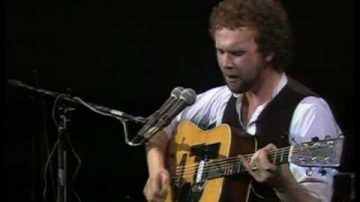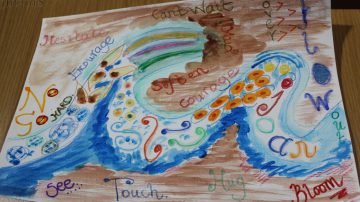It is no secret to anyone who knows me (or is yet to know me) that I have a fabulous array of anxieties which have manifested in all sorts of ways throughout my (ever increasing!) years of life. I think that’s probably why I have refused to ever give up my creative passions, regardless of times when I’ve heard ‘that’s not a proper job!’ or ‘but what’s the point?’. The point is that there is no point. At least not in the sense that you are always expected to produce something of a specific specificity to suit someone else’s needs.
Creating is for you, and these days it seems so little of our lives involves doing things just for ourselves because they make us feel like happy humans. To me, this is a total contradiction to the word ‘life’. ‘Life’ belongs to each individual, and if you are alive, which I assume you are if you are managing to read this (or else you are doing some serious challenging of metaphysics), then making it pleasurably unique to you is surely your prerogative.
For centuries art, music and movement have been used to express inner feelings and to portray humankind’s story. Growing roots in the early 1930s and 40s, arts in therapy are now widely used to treat as well as to assess levels of functioning and presenting problems. They are used as a means of controlling, managing, and integrating destructive impulses and conflicting feelings.
Self-awareness demands access to the unconscious, which is often masked behind our professional personas or the ‘me’ I’m trying to project. Our old friend Freud stated that without the constraints of language, the unconscious may surface more readily, since visual perceptions such as art are more archaic than cognitive or verbal expression. As we experience, we remember and feel not only in our mind but also in our body, including all of the five senses. So, in order to bring these feelings back to the surface, we need to re-engage the senses, which is exactly what we do when we throw away rule books and follow our creative urges. The symbolic language of the unconscious then has a channel, and this is when we really can feel real, free and learn about ourselves.
We have a mental health crisis in the western world where 75% of mental health issues have already presented by the age of 18. I know this because my doctoral research is currently on the experiences of teenagers who have had a mental health issue whilst at school. As an Educational Psychologist in training I can see why. The value of play and creativity has slipped.
When a child is not achieving, they are sent to extra maths instead of drama or music. Noooo!!! Blimey, I couldn’t even do maths when I was happy and had come from drama so goodness knows how much I’d be willing to engage if I was sent there instead of drama! Back to the pub with my fake ID for me it would be! If any head-teachers are reading, sort it out please!
Luckily for under-18s, and for me, Sheffield is pretty awesomely creative as cities go. The Art House, run by my lovely pals, recently celebrated its first birthday and acts as a hub of events and programs for all walks of society. Local makers markets from Etsy to Union Street serve to encourage us all to get our hands (or feet!) out and be inspired to make. At these events, as well as pop-ups and independent shops, you can find Sheffield-made products reinforcing the message that in this city creativity is celebrated and appreciated.
Finally, although I rant about the education system, there are many alternative, creative ways to learn. I recently visited ‘A Mind Apart’ at Burton Street where drama replaces traditional teaching methods, engaging young people who need something a little different. The Furnival Project in Burngreave includes art therapy in their bespoke timetables for vulnerable teenagers. I’ve met young people who have told me that these places have offered them their first respite and sense of achievement in some time.
So, to summarise, and end, my (creative) ramblings, if you feel like you are being dragged through life by your ever-thinning hair, taking time to do what makes you feel authentically happy is not as hard as you think. You don’t need to be ‘good’ and you don’t need to only work part time. You need to prioritise creativity and prioritise your wellbeing, because no-one else is gonna do it for you….. And real friends will genuinely love that thing you made them for Christmas because you made it with love J



